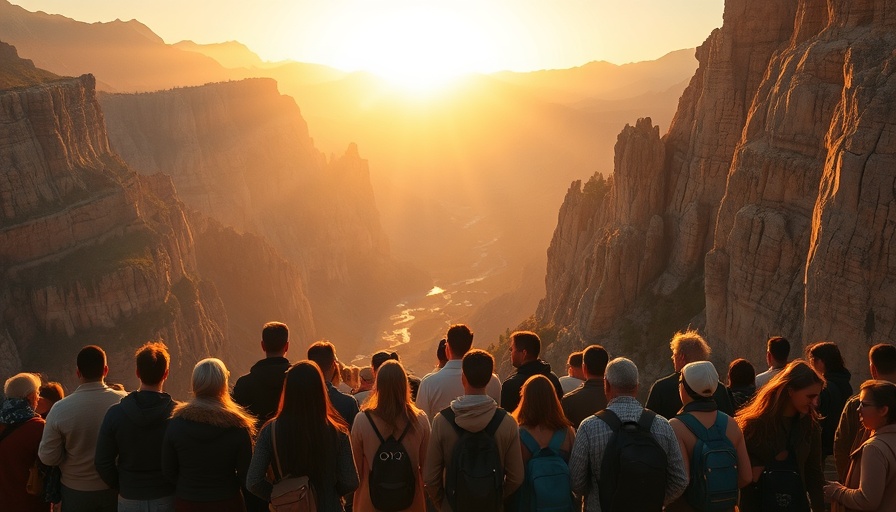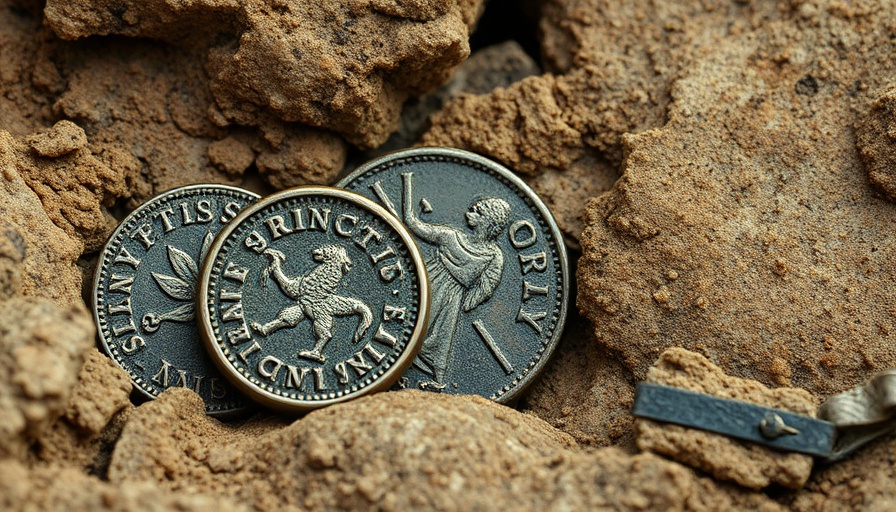
The Controversial Proposal at a Sacred Site
The serene landscape of Mount Sinai, a site steeped in spirituality and history, is at the center of a heated debate. Plans for the 'Great Transfiguration' luxury resort project have ignited passion among religious leaders, locals, and history enthusiasts. Mount Sinai is not only revered in Christianity, Judaism, and Islam as the location where Moses received the Ten Commandments, but it also serves as a sacred environment that hosts millions of visitors annually.
A Spiritual Disconnect?
As outlined in recent reports, prominent religious leaders who view the mountain as a holy site are rising in opposition to the proposed luxury resort. They argue that the construction could disrespect the sanctity of the area, commercializing a place meant for reflection and reverence. For Louisiana's seniors, who may have made pilgrimages to sacred sites in their lifetimes, this controversy reflects broader issues of preserving cultural heritage in an age increasingly dominated by tourism and development.
The Reactions of the Global Community
In a rallying cry, a coalition of religious leaders has called for a moratorium on the project. They contend that the resort's impact on the local culture and ecology cannot be overstated. From the perspective of a Louisiana resident over 60, this raises vital questions: What measures are in place to ensure cultural and historical preservation? Can the community find a balance between economic benefit and honoring sacred spaces? These concerns evoke memories of the times when visiting places of worship felt sincere and deeply rooted in personal journey.
Bridging Faith and Development
The luxury resort's investors argue that the project could bring significant economic growth to the region. Advocates suggest that with responsible planning, a balance could be achieved, ensuring the area's natural beauty and cultural significance are preserved while also providing job opportunities for the local community. Residents in Louisiana understand development's importance but can empathize with the plea for respect towards the sacred. The challenge is not merely about profits; it’s about the intent and spirit of the project.
Perspectives from Louisiana
This situation resonates with the heart of Louisiana culture. Many residents can recall experiences in their churches and synagogues where the focus is more than just being a space but rather a community hub of love and support. For many seniors, familiarity with sacred spaces heightens the empathy felt toward the Mount Sinai situation. This isn’t merely a construction issue; it’s a reminder of what it means to preserve our heritage in a place where faith is part of daily life.
Lessons Beyond Borders
Similar controversies over sacred sites have surfaced across the globe. From the controversial construction of hotels near the Vatican to commercial ventures around Jerusalem, the ongoing pattern shows a recurring tension between development and preservation. Understanding and facing these challenges is essential, especially as communities strive to protect their sacred histories for future generations.
Call for Advocacy and Awareness
The opposition to the Mount Sinai resort serves as an important lesson that calls for advocacy and heightened awareness about sacred spaces. Religious leaders view this unfolding situation as not just about the physical land but rooted in preserving ideologies and practices that define a culture.
Conclusion: A Chance to Reflect and Act
As discussions surrounding the Mount Sinai luxury resort project continue, it is vital for communities, including Louisiana's seniors, to advocate for preservation. Engaging in dialogue and sharing stories about the significance of sacred spaces can contribute to respectful solutions. To take action, consider supporting initiatives that work toward protecting sacred sites around the world – your voice can be a powerful tool in championing preservation.
 Add Row
Add Row  Add
Add 



Write A Comment